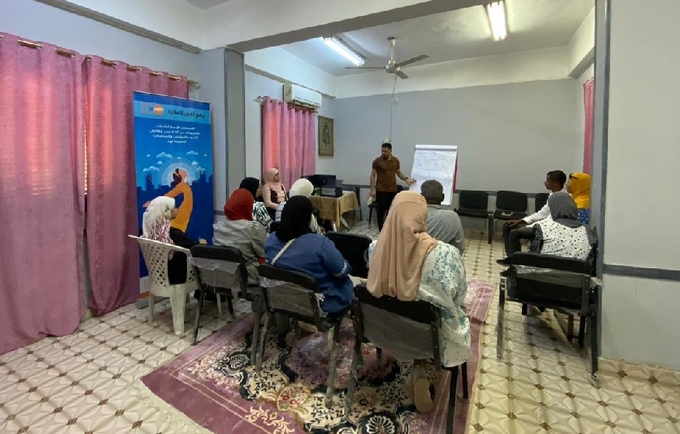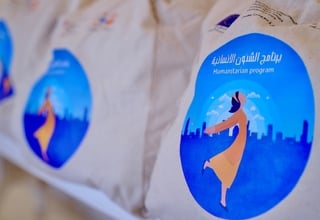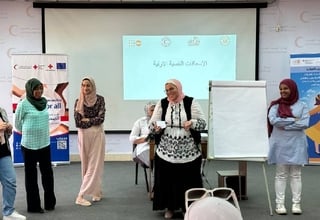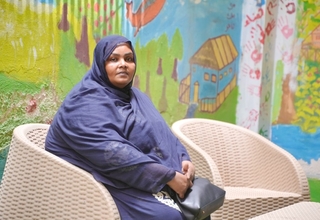UNFPA Egypt conducted a field mission this week to Aswan to assess the needs of Sudanese women and third-country nationals, who have arrived in Aswan, Egypt, escaping violence that has erupted in Sudan.
UNFPA listened to the needs of those arriving in Aswan, offering basic support, and provided important contact information and referrals to basic healthcare services for women as well as gender-based violence against women and girls (GBVAWG) case management services. The mission also included visits to UNFPA-operated Safe Space in Aswan as well as facilities in Aswan providing health and psychological support.
UNFPA personnel also emphasized that reproductive health services are provided by the Ministry of Health and Population free of charge, stressing the heightened risk of pregnancies in the case of emergencies.
Fighting between the Army of Sudan and the paramilitary Rapid Support Forces erupted on April 15, and has forced thousands of people to flee the country to neighboring countries. Some 50,000 people fleeing fighting in Sudan have crossed into Egypt, including 3,500 third-country nationals, most of whom are women and children.
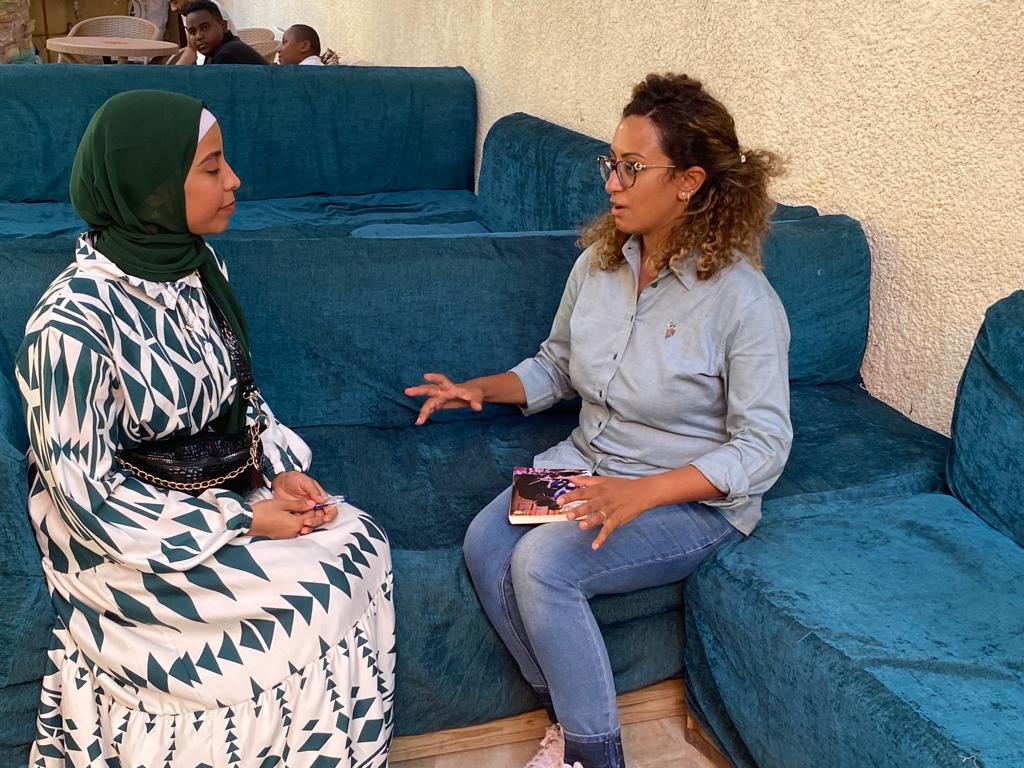 UNFPA is coordinating efforts with the Egyptian government, local authorities and humanitarian partners to meet the urgent needs of women and girls for health and protection, through ensuring access to quality GBVAWG prevention and response services and enhancing measures to mitigate the risk of violence and prioritizing women’s access to reproductive health services. UNFPA prioritizes strengthening the local referral and coordination mechanisms in Aswan, to respond to the emergency needs.
UNFPA is coordinating efforts with the Egyptian government, local authorities and humanitarian partners to meet the urgent needs of women and girls for health and protection, through ensuring access to quality GBVAWG prevention and response services and enhancing measures to mitigate the risk of violence and prioritizing women’s access to reproductive health services. UNFPA prioritizes strengthening the local referral and coordination mechanisms in Aswan, to respond to the emergency needs.
The Ministry of Health and Population deployed a mobile clinic to one of the areas with high concentration, offering services as an immediate response to the needs expressed by the Sudanese women to the UNFPA field team.
To ensure that the physical and mental health needs of women and girls in reproductive age are met, UNFPA and WHO met with the Head of the Social Solidarity Directorate in Aswan, during which they stressed on the importance of complimenting the health services offered by Ministry of Health and Population, through the provision of services and counseling in the clinics affiliated to Civil Society Organizations (CSOs).
The team also highlighted the importance of the role of CSOs in referring cases in need of physical and mental health services to the nearest service delivery point.
It was highlighted that in any humanitarian emergency, women and girls are at a heightened risk of gender-based violence against women and girls (including physical, psychological, economic and sexual violence), pregnancy complications, and at a higher risk of maternal mortality and morbidities.
The Ministry of Social Solidarity in Aswan expressed its intention to cooperate with both agencies, as well as all line ministries in supporting the mental and reproductive health of women and girls crossing the border.
The Ministry of Youth and Sports is also a key partner for UNFPA, offering volunteers’ support, and on-ground presence through the Youth Centers operating as emergency support hubs for protection.
WHO and UNFPA are also jointly arranging for a crash-course for front-liners from the Ministry of Health and Population to be able to detect cases of maternal complications, GBVAWG, and psychological distress.
In Aswan, UNFPA is also providing support through its Safe Space – one of 10 around the country. Case workers at the Safe Spaces were given a refresher training on UNFPA emergency response priorities and the referral mechanism in Aswan.
The Safe Space in Aswan was established in 2018, in partnership with the Ministry of Youth and Sports. It offers GBVAWG case management, vocational programs and awareness for Sudanese and Egyptian communities.
UNFPA Egypt offers comprehensive GBVAWG services for refugee women and girls through 10 Safe Spaces in six governorates of Egypt. Safe Spaces are operated by the Ministry of Youth and Sports and Etijah, providing case management services, mental health and psychosocial support services, emergency housing, legal and medical services, reproductive health services, cash assistance as well as vocational skills training.
The Safe Spaces function as an important physical location for refugees, migrants and asylum seekers of all nationalities to socialize and re-build their social networks, receive social support, and acquire different skills.
Moreover, UNFPA held a meeting with Ministry of Health and Population and Ministry of Youth and Sports representatives in Aswan to coordinate referral and services for the Safe Space visitors.
